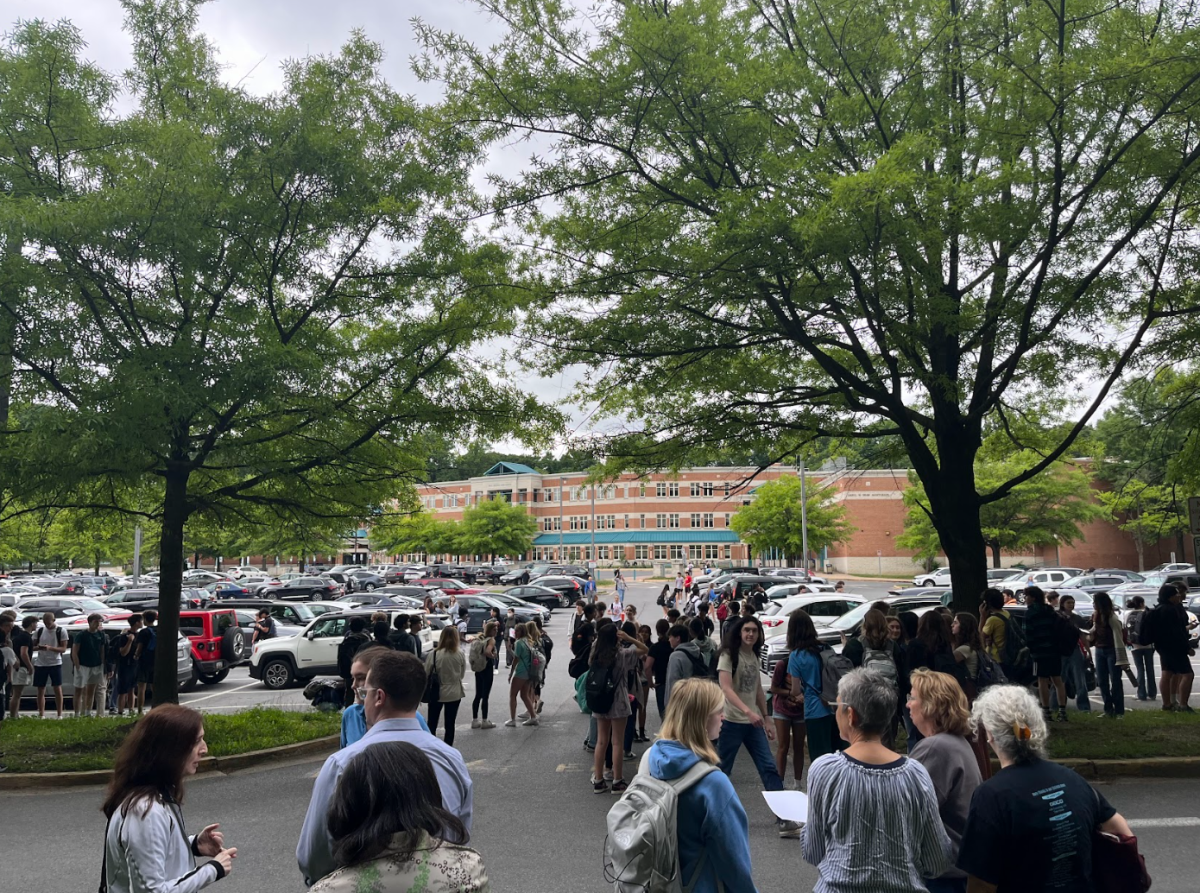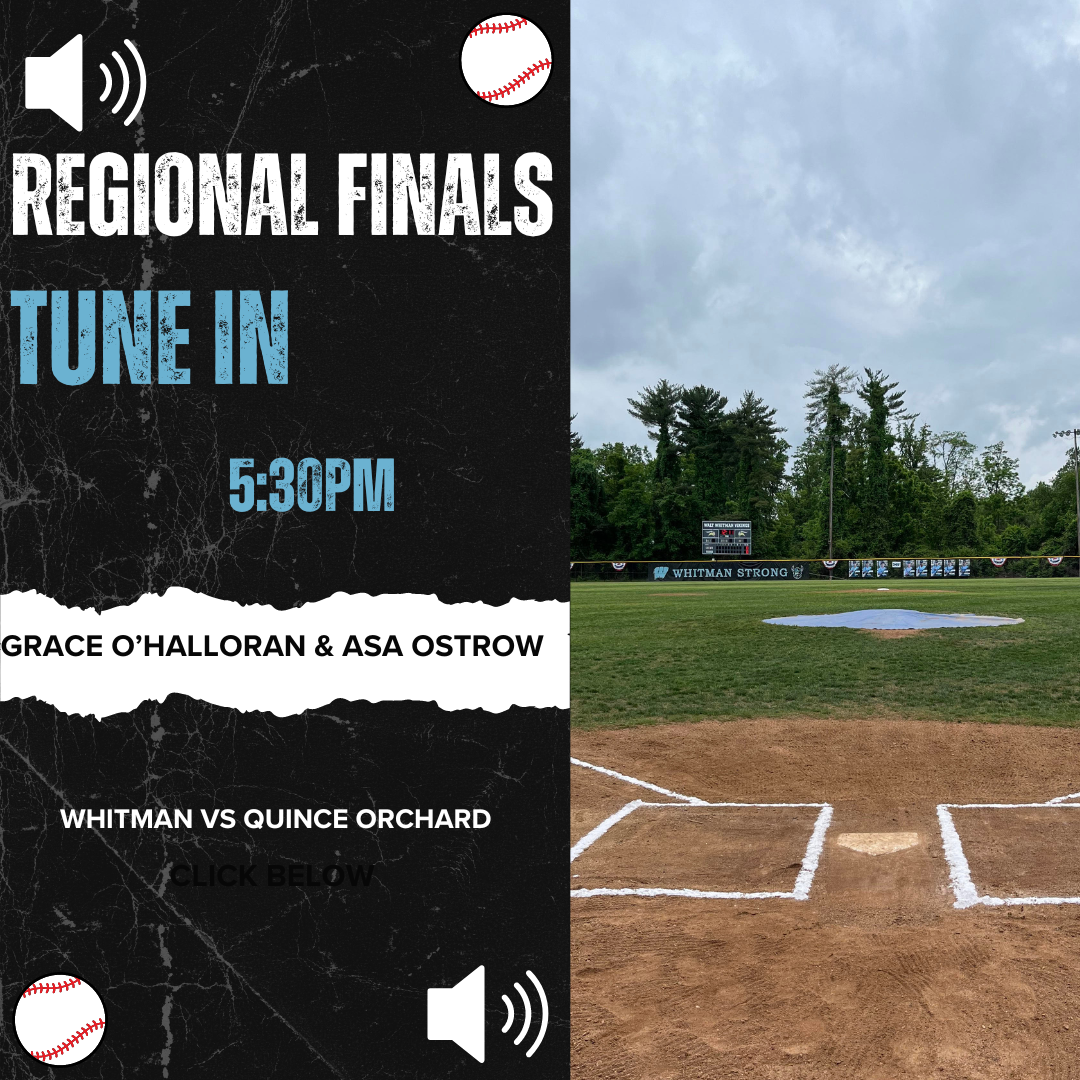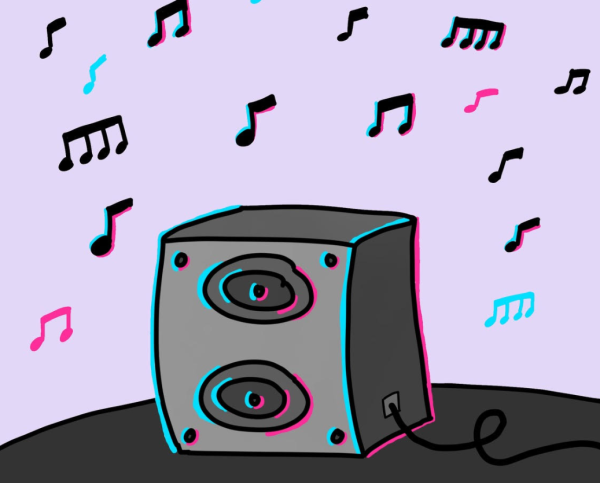Kelly Garton feels like he’s back in college. He sleeps in a dorm, spends time at the gym and even goes out at night with friends. But he’s not actually in college — he’s spending a week grading AP exams.
With AP exams over, many students are wondering where the AP coordinators shipped off their essays and how they’re scored. Science teacher Kelly Garton and social studies teachers Colin O’Brien and Wendy Eagan are part of the thousands of graders who spend several summer days scoring AP essays. At times, the job seems more like a fun vacation than work.
“When I first signed up, I couldn’t imagine anything more dreadful,” Garton says. “But it was surprisingly fun. We were pretty much free after we were done grading for the day.”
Colin O’Brien applied to grade AP NSL essays during the summer of 2008 because he believed it would help him better prepare his students for the exam.
“I thought, what better thing than to actually find out how they grade the exam,” he says. “I wanted to be able to tell my students that I’ve graded these and I know how it works. I thought I’d have a bit more street cred that way.”
College Board selects a diverse group of teachers to grade the tests in order to ensure a balance of race, ethnicity, gender, experience and school location, according to its website. To begin the lengthy process, teachers must submit an online application that lists their credentials and reasons for wanting to read exams. Graders are reimbursed for all meals, lodging and excess expenses, and receive an honorarium of $1,064.
Most exam grading sessions take place on college campuses — Garton’s AP Environmental Science session was at University of Nebraska-Lincoln, while Eagan’s AP World History session was at Colorado State University. Others take place in hotels, such as O’Brien’s NSL session in Daytona Beach.
The actual grading happens in huge conference rooms that hold hundreds of teachers. Three readers sit at each table and grade about 450 essays a day from eight to four, scoring each essay in about two minutes.
“It’s not that bad once you get in the zone,” O’Brien says. “You get in the groove and you just kind of cruise through it.”
O’Brien found that sometimes the grading process seemed arbitrary, for though the rubric is uniform and constant within a subject, it’s different for each exam within the subject. Also, the rubric requirements often didn’t make sense, he says.
Eagan and Garton, on the other hand, like the rubric and its consistency.
“It’s fair and equitable by design,” Eagan says. “We don’t deduct points—we award them.”
Garton adds that he appreciates the subjectivity of the rubric.
“Just because someone writes beautifully doesn’t mean they answered the question,” he says.
Overall, teachers note that that even though evaluating essays for eight hours a day can be difficult and exhausting, the experience is well worth the effort.
“You get to see students who do amazing things who don’t necessarily come from the wealthiest schools,” Eagan says. “It’s not like the ‘Bethesda Bubble.’ It’s a broad perspective you come back with.”













